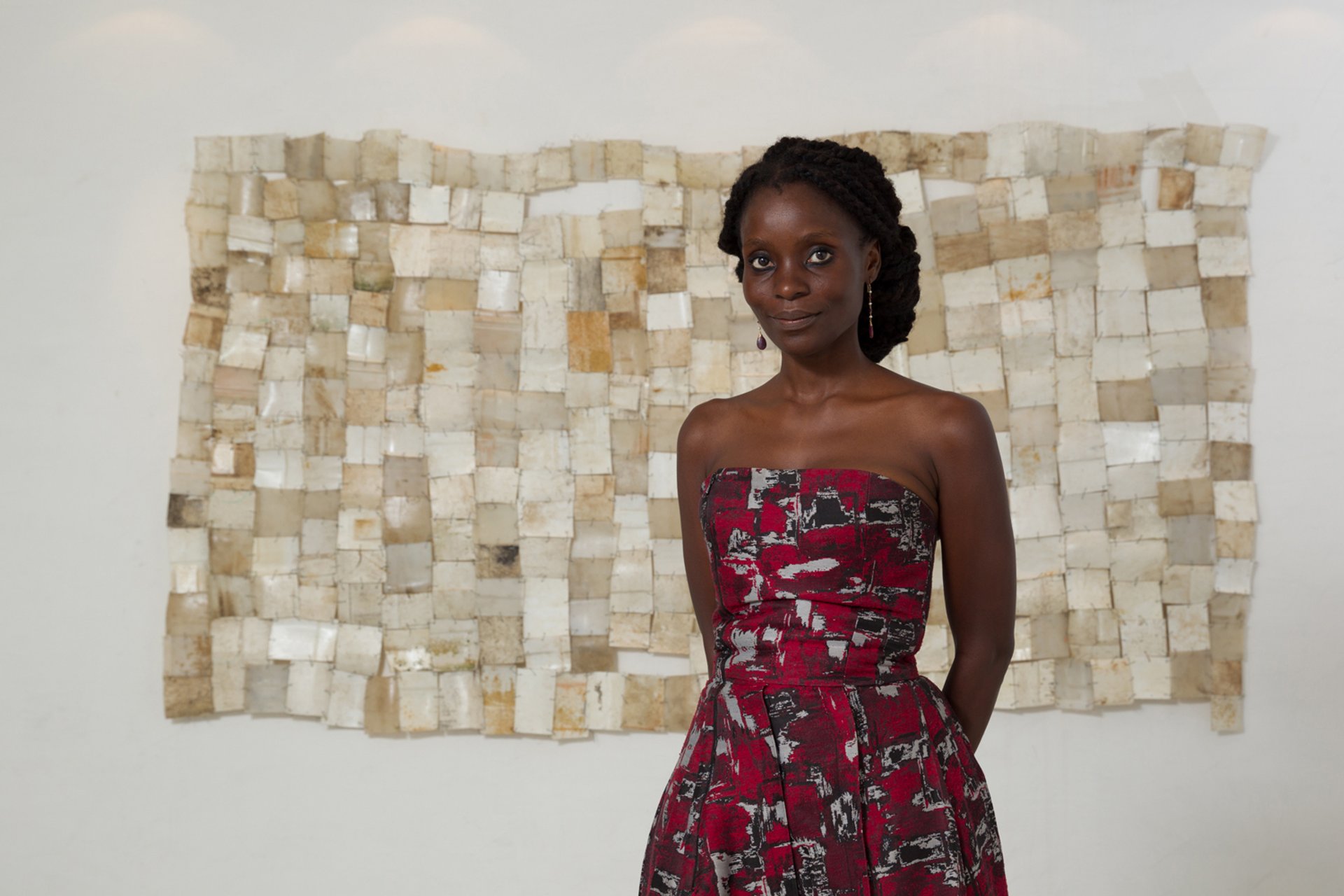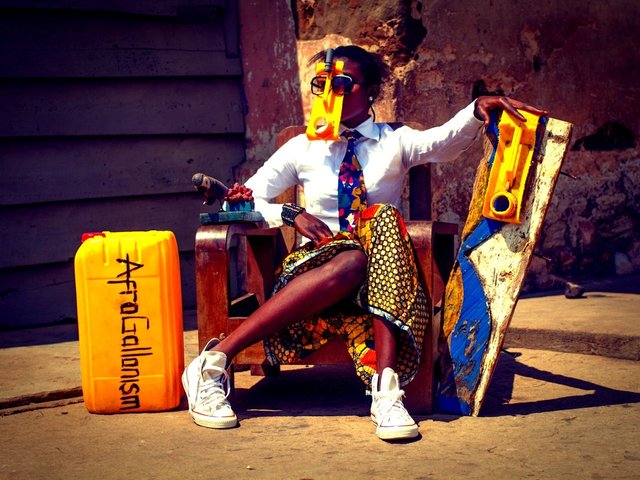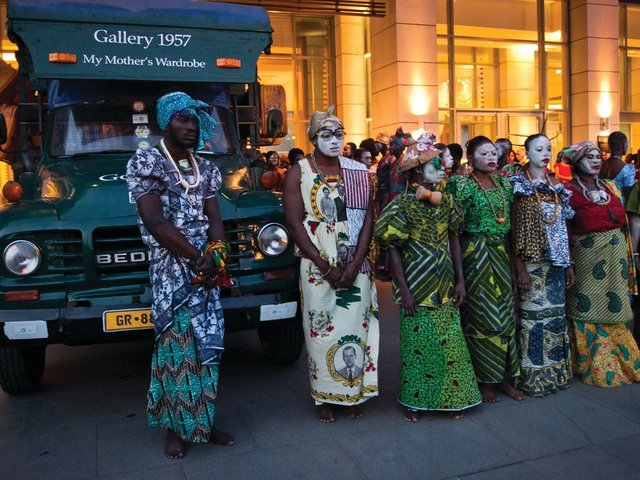In a sign that Ghana’s art scene is going from strength to strength, one of country’s top non-profit organisations is relaunching in a larger space next month. ANO, which was founded in 2002 as a cultural research platform, is moving to a venue in the centre of the capital city, Accra, which will include spaces for exhibitions, performances, screenings, a library and workshops.
Nana Oforiatta-Ayim, the writer, film-maker and curator who runs ANO, says the new building will not only be a place for art, but also “somewhere to get together and be inspired”. She notes that there was a space in Accra in the early 2000s called Nuku, created by the photographer Nii Obodai, which has since closed down. “Everything in that space, the furniture and the food, were works of art and many collaborations and ideas were born there, but it was very short lived,” Oforiatta-Ayim says.
There are plans to develop a new model for showing contemporary art at the foundation—one that questions ownership and authorship and favours collaboration over the old hierarchies of production. “We are at a time of quite profound change, one where we are hopefully no longer looking so doggedly at models that have nothing to do with our context, but trying to create our own, and ANO will be a place where we experiment with those new structures in the arts,” Oforiatta-Ayim says.

The inaugural exhibition, Accra: Portraits of a City, which opens on 19 November, will explore the history of the Ghanaian capital. Works to be presented include photographs from Deo Gratias, Accra’s oldest photography studio that is still in operation today, and images by Felicia Abban, Ghana’s earliest known female photographer, whose works have never been exhibited in public before. There are also plans to show public installations by the up-and-coming Accra-based artist Serge Attukwei Clottey and Ibrahim Mahama, who is known for his tapestry-like installations, created from the coarse brown sacks that are used to transport coal in Ghana.
In the past, ANO has been funded by a mixture of public grants and donations from individuals, including the artists Yinka Shonibare and Ibrahim Mahama. But now, the foundation plans to start selling works of art, limited editions and publications at fairs including 1:54 in London (6-9 October) and Art X Lagos (4-6 November). Oforiatta-Ayim says the move was born out of a need “to own our own economic power, as well as our creative power, and out of that to create systems we are happy with”.



